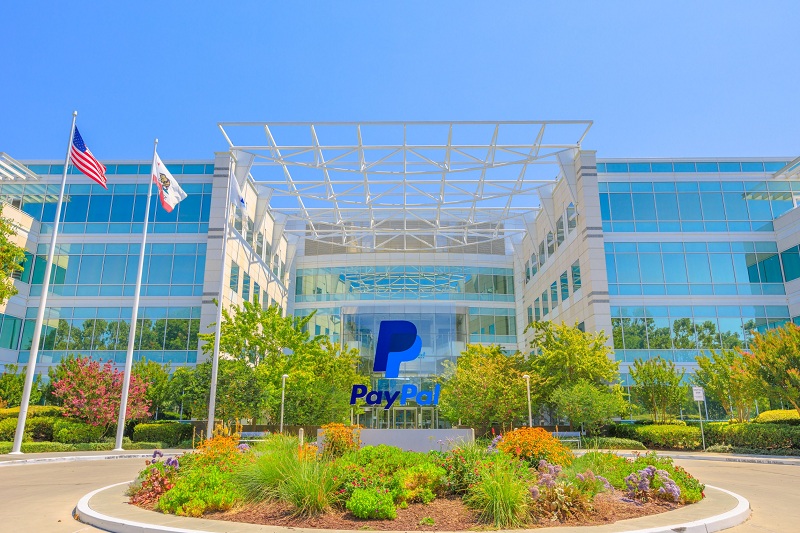PayPal Introduces PYUSD Stablecoin on Ethereum Blockchain
PayPal, the popular online payment system, has recently launched its own stablecoin called PayPal USD (PYUSD) on the Ethereum blockchain. This move comes as no surprise, as PayPal has been increasingly embracing cryptocurrencies and digital assets in recent years.
The introduction of the PYUSD stablecoin was announced on August 7th and has already garnered attention in the crypto community. However, a security expert named Pashov, who specializes in Smart Contract security audits, has raised some concerns about the stability and security of this new stablecoin.
Pashov conducted a brief review of the PYUSD stablecoin and published his findings on the X-platform on the same day it was introduced. His review revealed a potentially alarming vulnerability in the stability of PYUSD. According to Pashov, the stablecoin has an „AssetProtection“ role that allows selected members of PayPal’s development team to execute sensitive code functions, such as freezing accounts and clearing frozen balances.
Pashov expressed his concern on Twitter, stating that this „AssetProtection“ role could be seen as a centralization attack vector in terms of Smart Contract security. This means that the power to control and manipulate user accounts and funds lies in the hands of a select few individuals, undermining the principle of decentralization that many cryptocurrencies aim to achieve.
It is worth noting that Pashov also highlighted that PYUSD is not the only stablecoin with this vulnerability. He mentioned that popular stablecoins like Tether (USDT) and USD Coin (USDC) also have a similar „AssetProtection“ role, making them equally susceptible to centralization attack vectors.
This discovery raises concerns about the security and trustworthiness of stablecoins in general, as they are often used as a means to store value and facilitate transactions within the crypto ecosystem. The fact that even major players like PayPal have not been able to address this centralization issue is disheartening for many cryptocurrency enthusiasts who value the principles of decentralization and transparency.
It is essential for the crypto community to demand more transparency and security measures from stablecoin issuers to ensure the long-term sustainability and trustworthiness of these assets. While stablecoins serve a vital purpose in the crypto space, it is important that they are designed with security and decentralization in mind.
As for PayPal USD (PYUSD), its future success will depend on how PayPal responds to these security concerns and whether they can address the centralization issue. Only time will tell if PYUSD will become a trusted and widely adopted stablecoin in the crypto market or if it will face resistance due to its vulnerabilities.
In the meantime, it is crucial for users to be cautious when using PYUSD or any other stablecoin that has similar centralization vulnerabilities. As the crypto market continues to evolve, security and decentralization should remain the top priorities for both developers and users alike.
